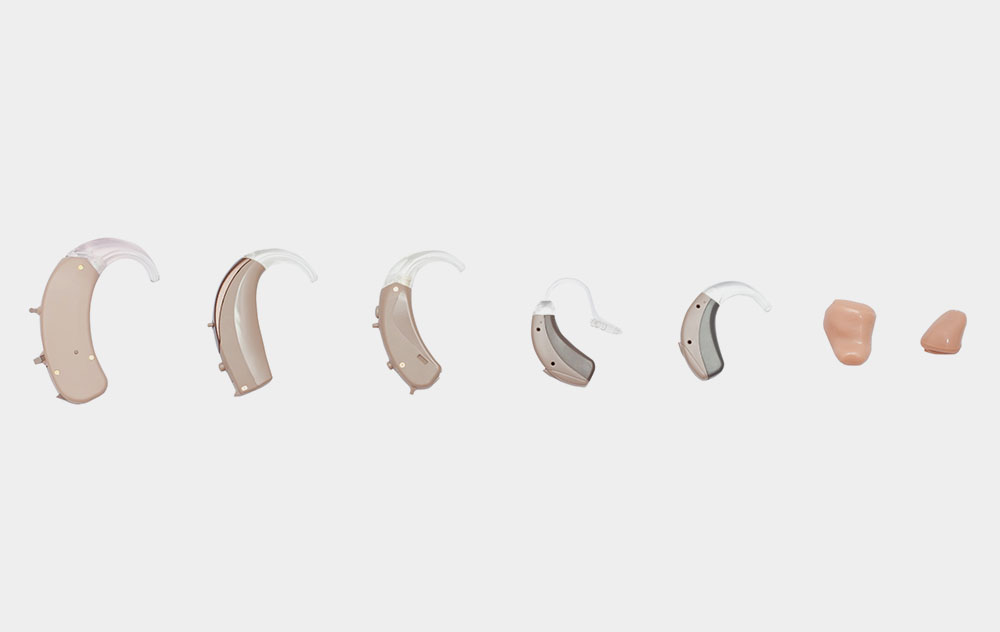How Allergies Can Affect Your Hearing
Allergies can affect more than just your nose and throat; they can also
OUR NEW DEERFIELD OFFICE IS NOW OPEN! Click here for more information.


Allergies can affect more than just your nose and throat; they can also

You may notice that turning up the volume on your favorite songs no longer

Smartphones and hearing aids now work together in ways that make everyday